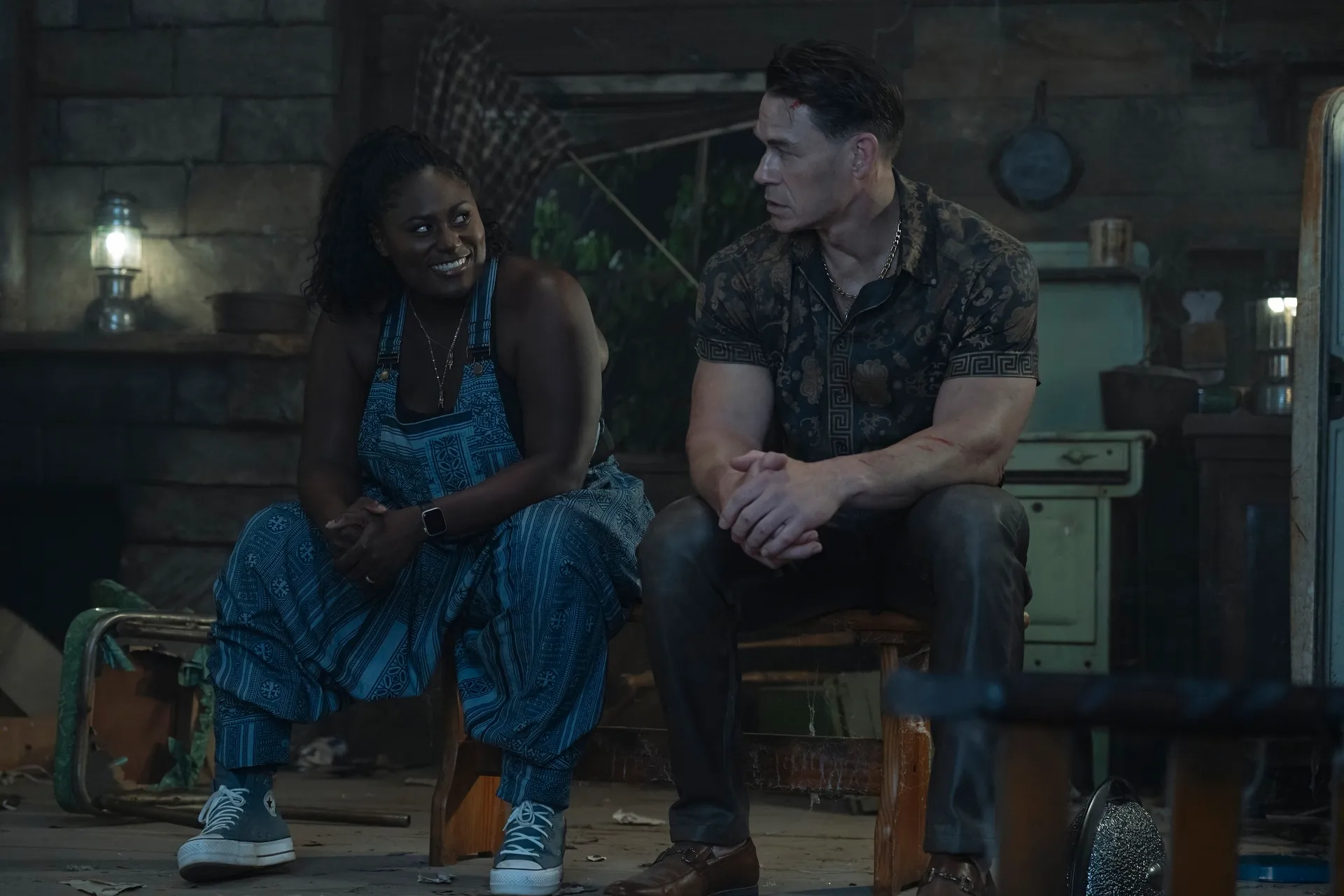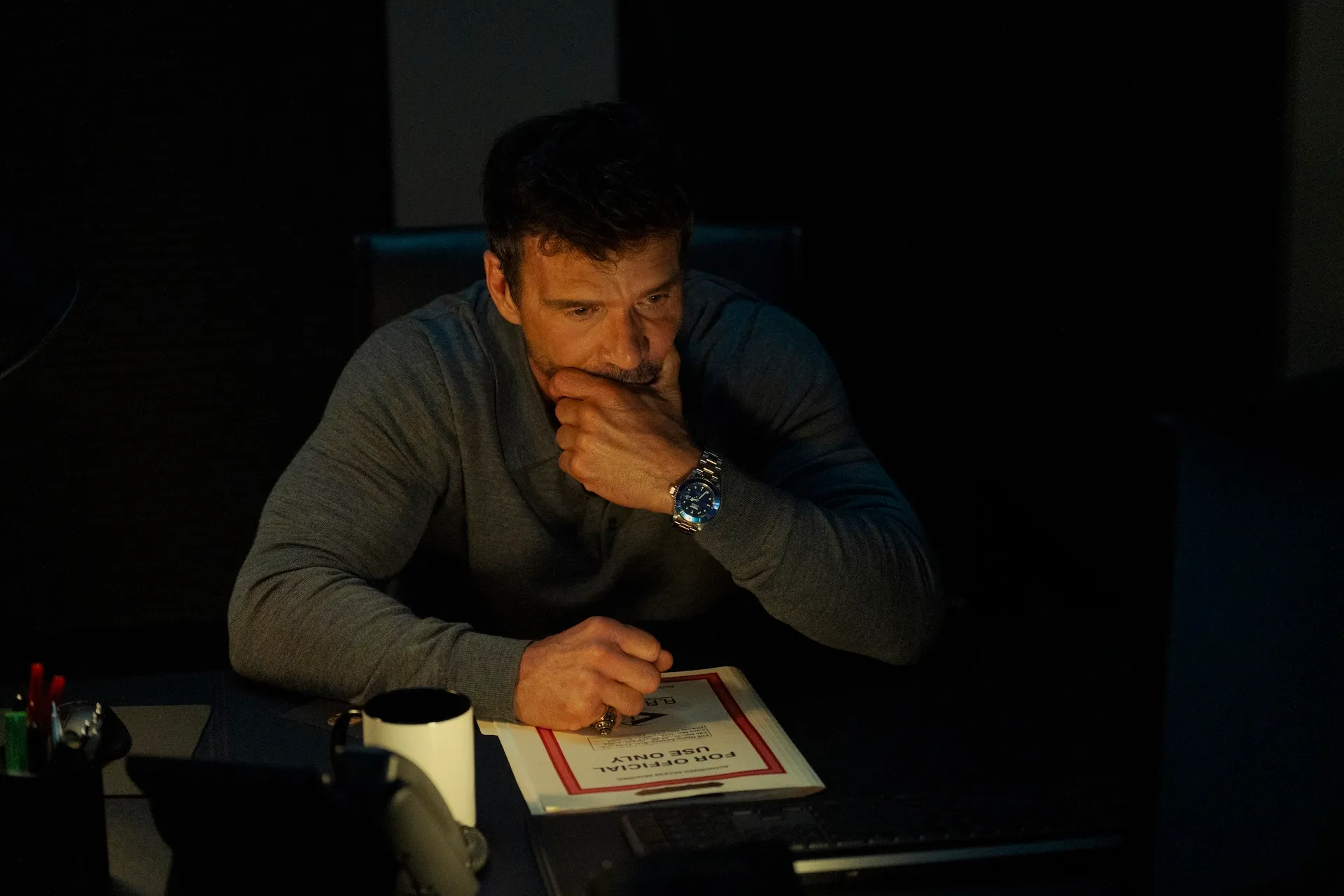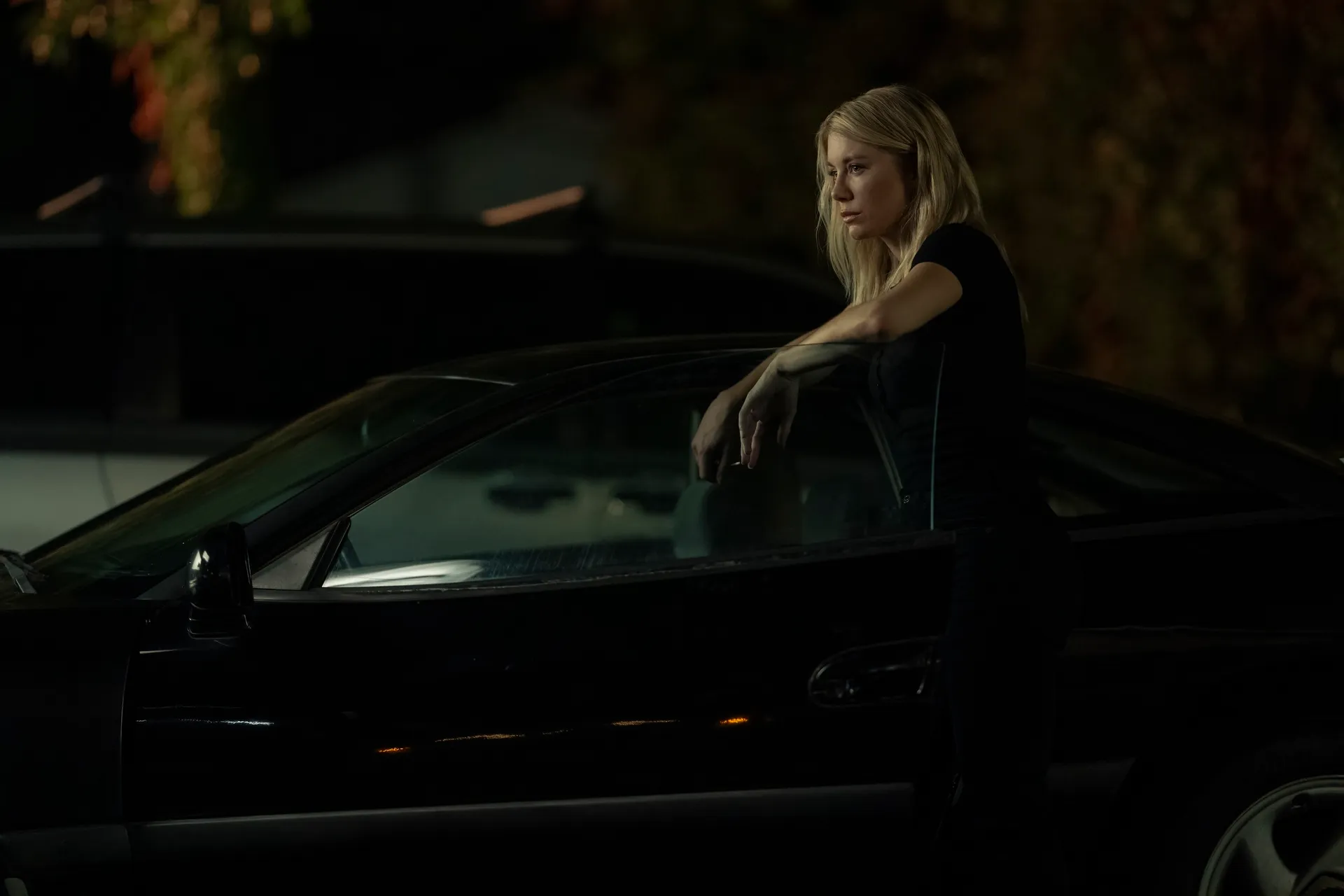
The manga Doraemon, which ran from 1969 to 1996, is about an earless robotic cat from the 22nd century who has a device called the “Anywhere Door” that can open a portal to wherever the user imagines. Anyway, that’s what Peacemaker has.
This review may contain some spoilers for Peacemaker Season 2, Episode 4.

This episode begins on a flashback–the truth about where the dimensional door in Chris’ house came from. Thus far, the implication was that Chris’ dad, Auggie, had created the door himself. Instead, we learn that he found the door right next to the extradimensional being whose head he’d just blown off. On the one hand, this fits his overall character better; he’s an opportunist who puts his own profit ahead of his own children’s safety.
On the other hand, it feels like sort of a retcon and a reassurance that, of course, the unrepentantly abusive and bigoted Auggie is not a super genius. It feels too easy. There are, of course, very intelligent people who have bigoted ideas in the world, and it feels like an easy out to have this flashback that tells us, wait, wait, don’t worry, the bigot is a big dummy, instead of suggesting that sometimes intelligent people have complicated beliefs that would seem to interfere with how intelligent they otherwise are.
That aside, it’s also rough making Robert Patrick, aged 66, look like he’s in his early 30s. It’s the most unconvincing thing.

Back in the modern day, forces are mounting against Peacemaker, though not very effectively. A van containing Langston “Bird Blindness” Fleury, the cheeto-vacuum named Judo Master, Rick Flag’s right hand Sasha, and John Economos (and the one guy who made it through Eagly’s massacre intact). The crew snipes back and forth, largely thanks to Economos doing an effective job of making the vibe very toxic by reminding Judo Master of his role in the first season before snitching on Fleury for his behavior toward Sasha. This is a great use of Economos if he can’t be in the same room as the other characters–making everyone else he’s around absolutely miserable. It’s a good move for the character and I love seeing Steve Agee being a bundle of nerves and frustration.
When Adebayo picks up Chris after he escapes from that crew, he finally tells her about the best dimension ever. She’s immediately skeptical, and is the first really reasonable voice of dissent that Chris has to listen to. She suggests that maybe the dimension is actually just a place that shows you exactly what you want to see. We know that’s not true, but it does outline just how weird the place actually is.
The going fan theory right now is that the place Chris is ending up is Earth-X, the world where the Nazis won World War II. I’ve seen arguments that Earth-X is super dark and authoritarian, and that this place is too bright and clean, but I don’t think that holds much water. The Earth-X theory is very plausible, and showing it so clean and bright would be a fresh portrayal of a relatively well-trodden Earth. It certainly makes Auggie’s superhero team make more sense.

This episode is primarily about the rising danger of the anti-Peacemaker parties here. We get time with Flag trying to persuade Harcourt to help him capture Chris, which is an insightful discussion for both characters. We also get time with Red St. Wild, Michael Rooker’s ultra-problematic character, to whom Economos refers as Captain Cultural Appropriation, which proves that he does have some kind of connection to something. The show is trying to give Chris every reason it can to high-tail it to the probably-racist dimension right now, and it’ll probably work.